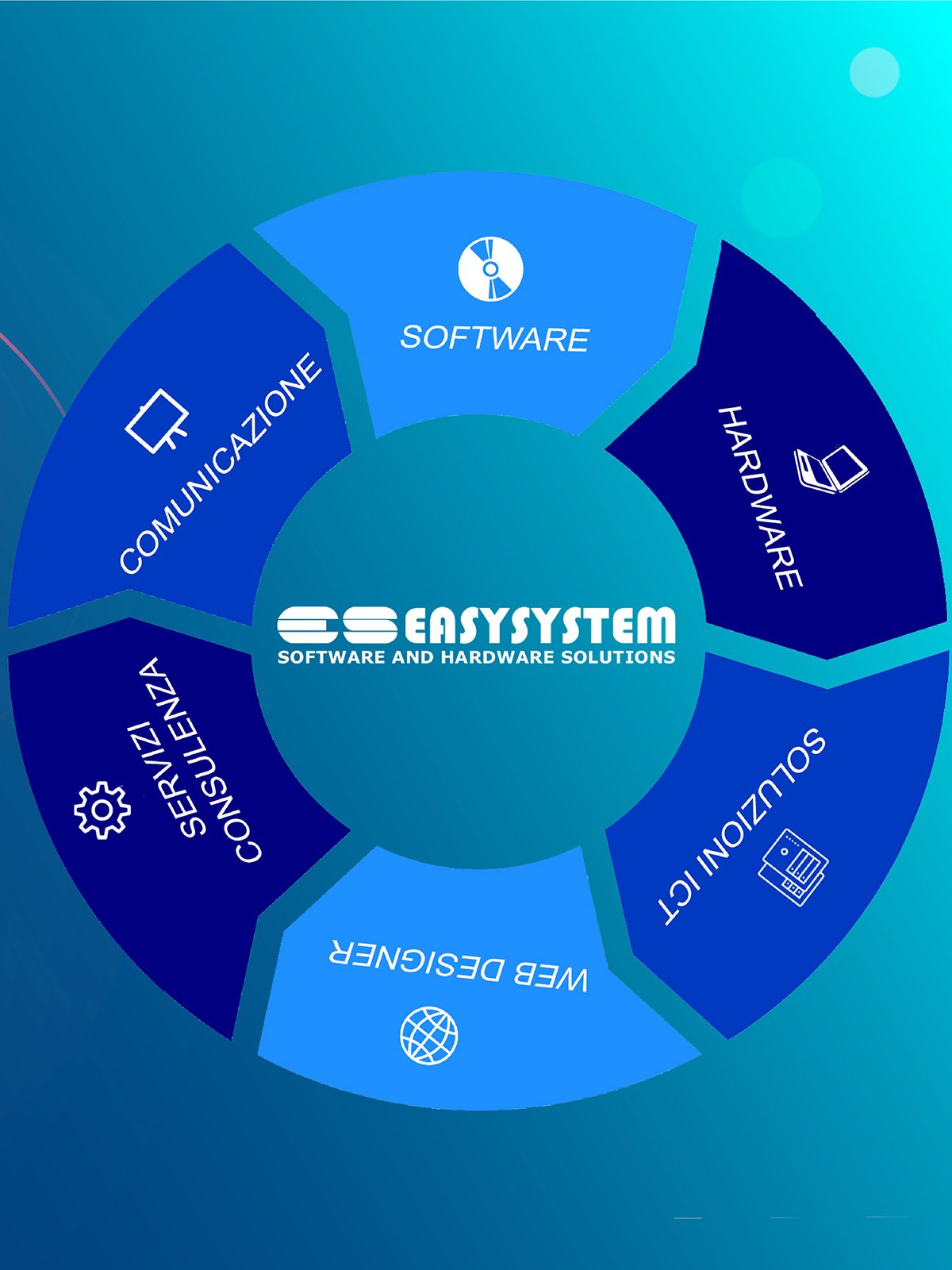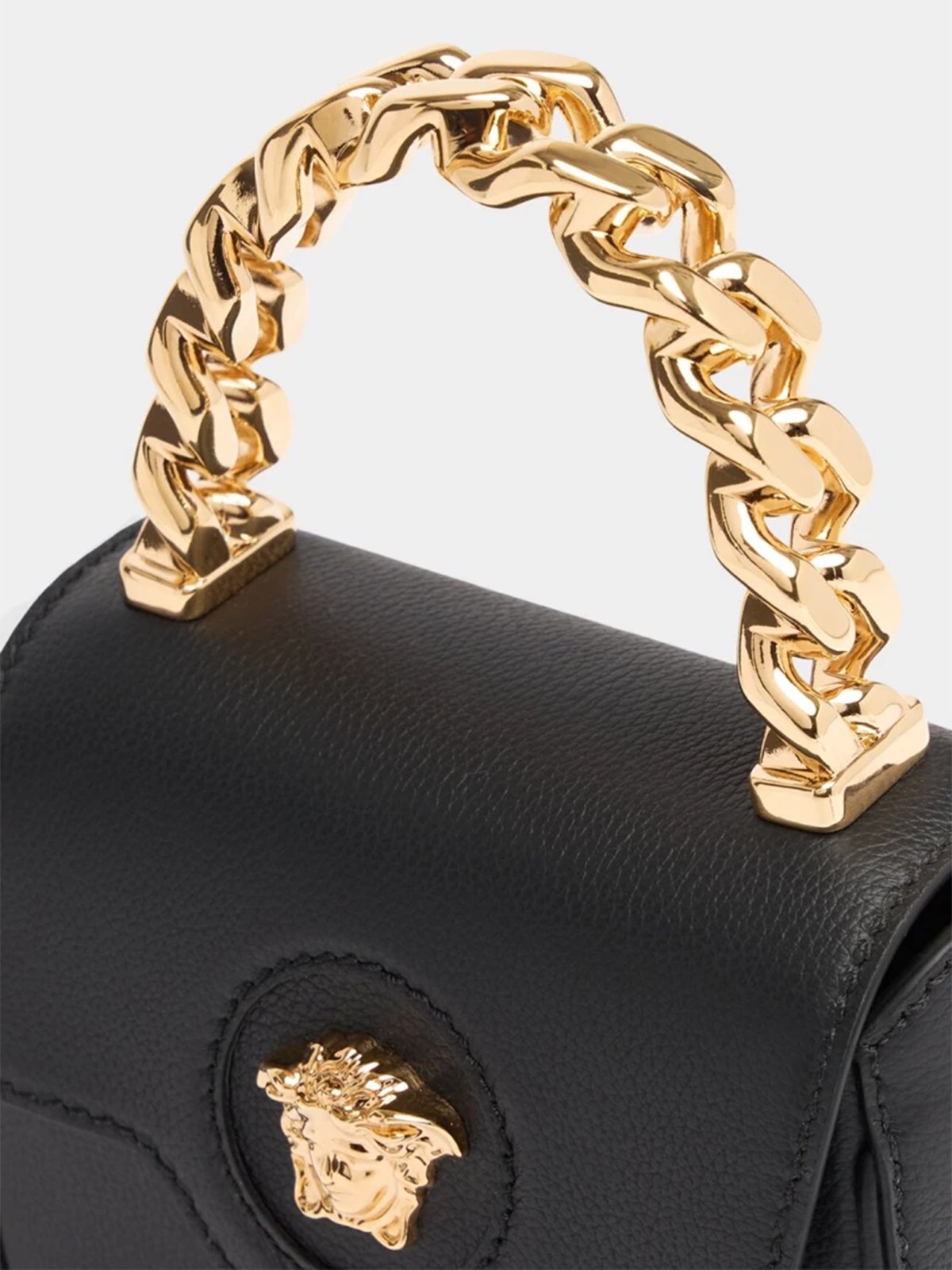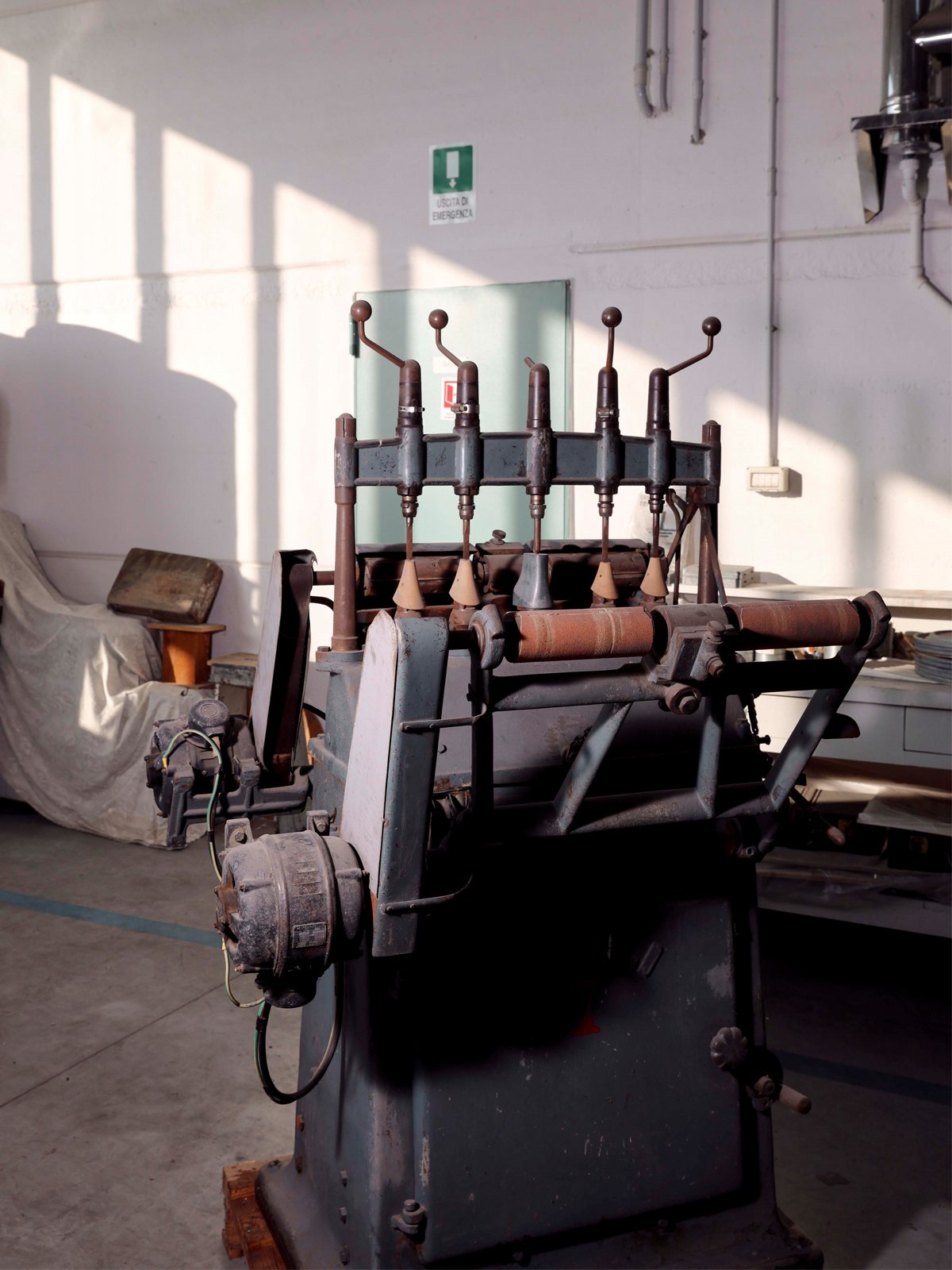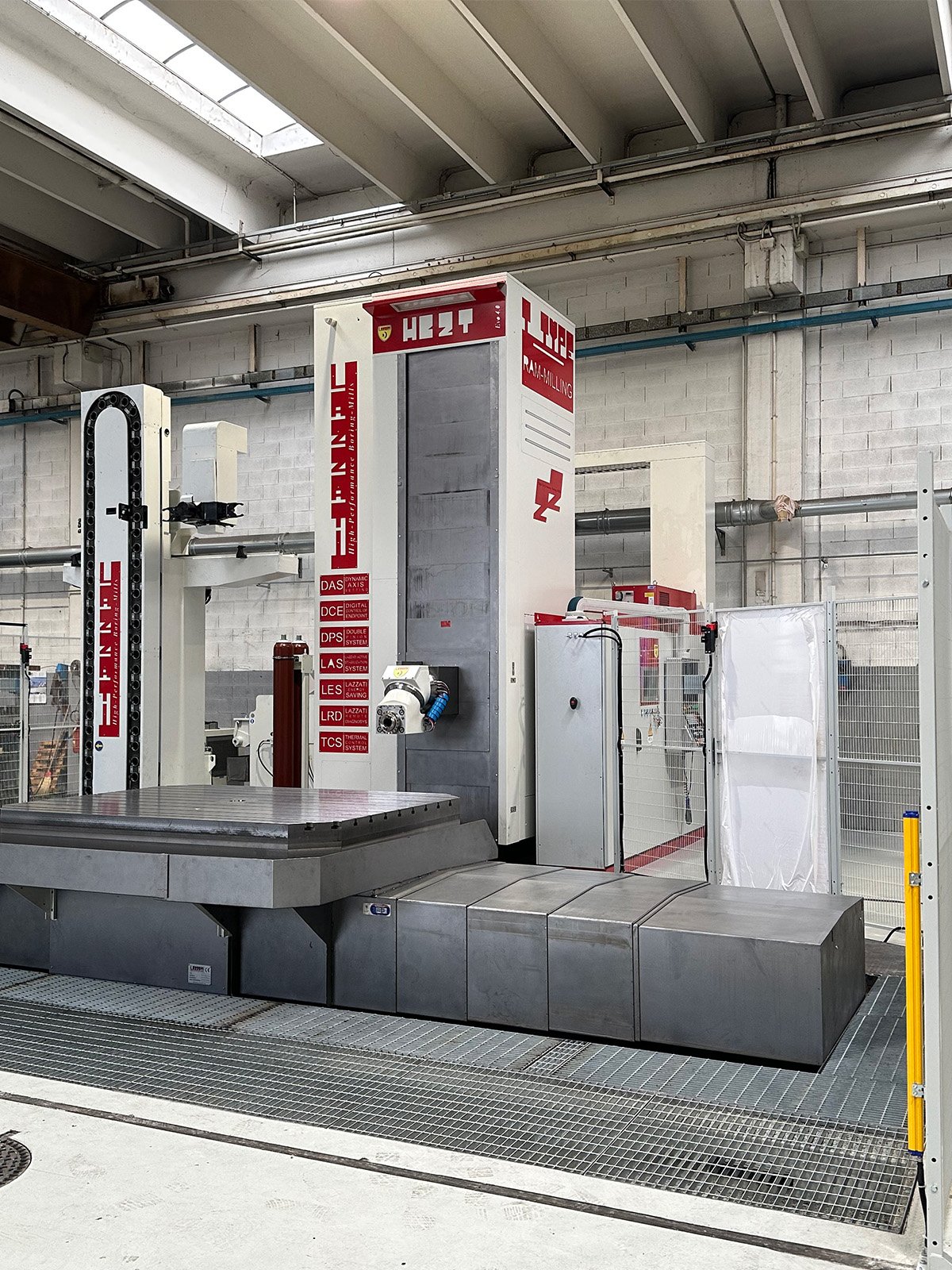News
Future of the fashion industry: what will be the most in-demand figures?

Skills to ferry companies to an increasingly green future, digital skills to meet the “e-fashion” trend, but also in-depth knowledge of traditional and innovative materials. These are the foundations on which the fashion industry of the future will rest. At least according to the study conducted by Ferrari Fashion School, a fashion, luxury and design academy based in Milan. According to the report, more than 31,000 new employees will be hired annually by 2026 (Excelsior Unioncamere data for Confindustria moda). And some of the most sought-after professions will be 3D Collection Designer, Raw Material Developer and Sustainability Strategist.
A trend also attested to by other important training realities. “I confirm this trend,” says Benedetta Tosi of the Istituto Marangoni in Florence, a fashion school also based in Milan, Paris, London and Shanghai. “I believe that new roles will be created precisely because of the expansion of the departments dedicated to 3D development and sustainability: skills will be reshaped, with a more technical knowledge of materials and more in-depth knowledge of the supply chain, but also with greater attention to international and European standards related to sustainability. The creative teams of the various brands will have to create very strong connections with new figures specializing in technical and regulatory aspects.”
But how are companies experiencing this change? “The theme of 3D, digital and artificial intelligence, are pivotal aspects of the near future,” comments Andrea Calistri, owner of Sapaf, a Florentine company that has been making bags for the luxury segment for almost 70 years. “Even if innovations are always accompanied by a certain fear, in practice these skills will be very important. They will never replace the artisanal part of the work, but they can create new spaces and stimuli to turn an idea into a product. Even 2D Cad, at the beginning, scared some people: we have always been very open and positive toward new technological frontiers; tools capable of participating in product improvement. They are keys that open new worlds, in which, however, artisan knowledge remains and will always remain central: if you do not know how to do your craft well, everything remains an abstraction. Figures like the 3D Collection Designer will therefore be of great importance.”
“Forestali has been committed to the issue of sustainability for many years and also for the future, being a chemical ‘system house,’ figures of Raw Material Developer and Sustainability strategist will be increasingly crucial and necessary,” explains Guido Cami, president and Ceo of Industrie Chimiche Forestali SpA. -We are formulators, we do not produce basic raw materials: we are therefore always very careful to identify suppliers who can support us and direct us on virtuous paths in terms of environmental impact and respect. Once we have identified potentially suitable raw materials, we use them in recipes to obtain adhesives and fabrics that perform well and are in line with market demands. We are certain that interaction with the market, upstream and downstream, and the environment in which we live are important topics to develop and promote. Therefore, the figure of an expert in Sustainability strategy also gains concreteness for any company today.”
“In today's context, the Sustainability strategist is essential to transform sustainability into a central pillar of corporate identity,” explains Fabio Di Falco marketing and customer support manager at Legor, “not only to guide companies to comply with increasingly stringent regulations but also to meet the growing expectations of consumers. Centralizing sustainability through dedicated professionals not only improves the image and perception of a brand but is also a winning strategy to increase competitiveness in a market that rewards companies capable of responsible innovation. In our industry, where brands are true leaders who dictate the rules of the market and influence the entire supply chain, adopting a responsible approach has become unavoidable. A sustainable approach is no longer just desirable, but essential to maintaining relevance and competitiveness in the industry.”


















